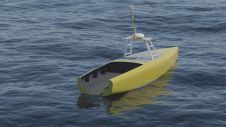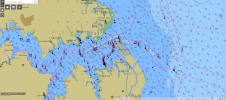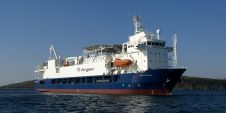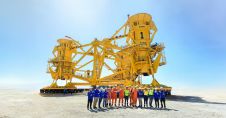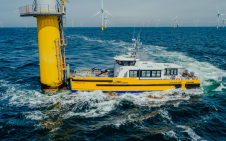Link Like Crazy
I'm sure many of our readers have their own Facebook page, Twitter account or even MySpace corner on the web. In the online world it's important to link up. The features of linking constitute the value of social networks like LinkedIn and Twitter. Not just for the users of these networks, but also for the financial geniuses on stock exchanges. The more users, followed by even more users, the more important the platform behind them appears, and the more it is valued. For Google, links on websites count as a recommendation of your content: plenty of links means your content is valuable, so Google will rank your website higher. It sounds logical: if you are offering valuable content, a lot of people will want to visit your website, which will increase the influence of the website. Where links are involved, one and one are more than two. This is no different from the real world. Even before the web grew so big, the most influential people often had the biggest network and, moreover, knew how to make use of it to increase their realm of influence. ‘Link like crazy' is the motto for success.
Hydrography as a specialism also needs to link like crazy. Linking with other specialities in adjacent fields will increase influence and show the importance of hydrography to these other, often bigger, sectors. A good example of hydrography linking is found in the Baltic Sea area. Here, in a shallow and confined ocean with many busy shipping routes, developing tourism, fishery and pipeline construction is encouraging hydrography to make connections with other subsectors in the wider field of oceanography: geology, biology and chemistry. Most activity is found along the coastlines of three nations, Denmark, Sweden and Germany. The latter ensures that in the same area a complex network of bilateral and multilateral agreements have been drawn up over the years, in all of which hydrography and its bodies, both industry and hydrographic societies, have played their role.
As chairman of the German Hydrographic Society, Holger Klindt will host the Hydro 10 conference in Rostock this autumn. On the shores of the Baltic, his organisation plans to pay plenty of attention to the central role of hydrography in a wider network of specialities, with the role of hydrographer as link-man in the wider community of ocean monitoring. Klindt elaborates on this theme in his interview with Hydro International this month.
Perhaps this is the next step forward. After the technological leaps of the last two decades, it's now time to look outside our, often literally, small world and spread the word about the important role hydrography has so often played and might in the future play within a myriad of processes concerning ocean monitoring as a whole. In this step, linking or networking will be key. So go ahead: link like crazy!

Value staying current with hydrography?
Stay on the map with our expertly curated newsletters.
We provide educational insights, industry updates, and inspiring stories from the world of hydrography to help you learn, grow, and navigate your field with confidence. Don't miss out - subscribe today and ensure you're always informed, educated, and inspired by the latest in hydrographic technology and research.
Choose your newsletter(s)













